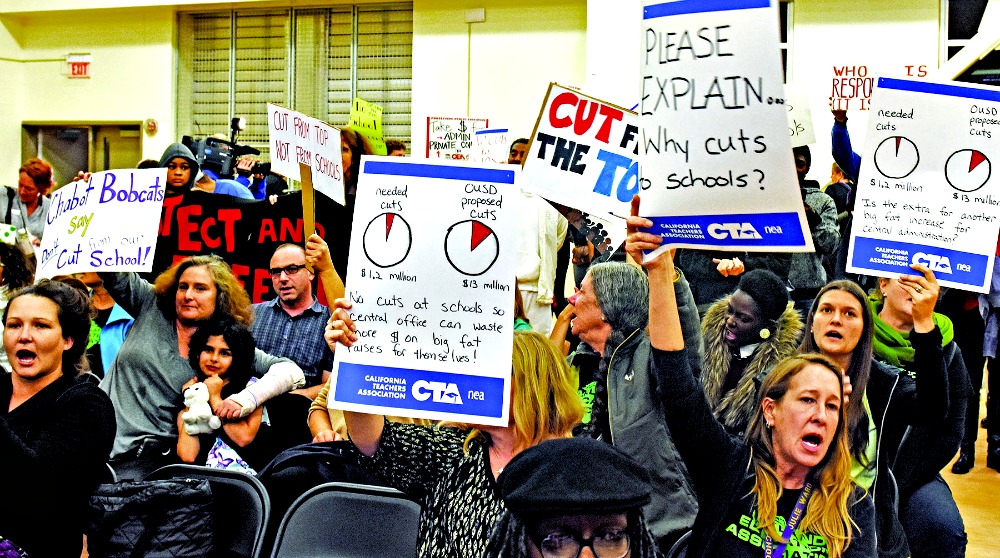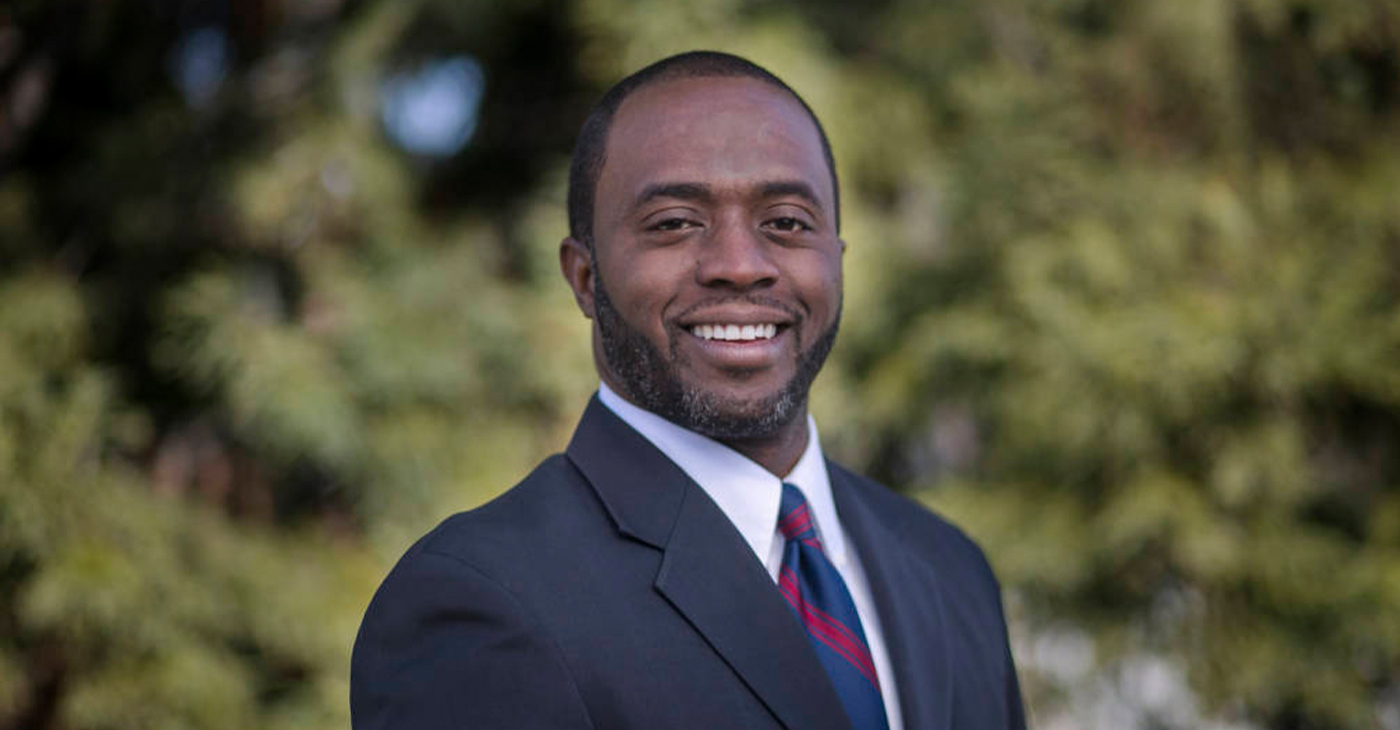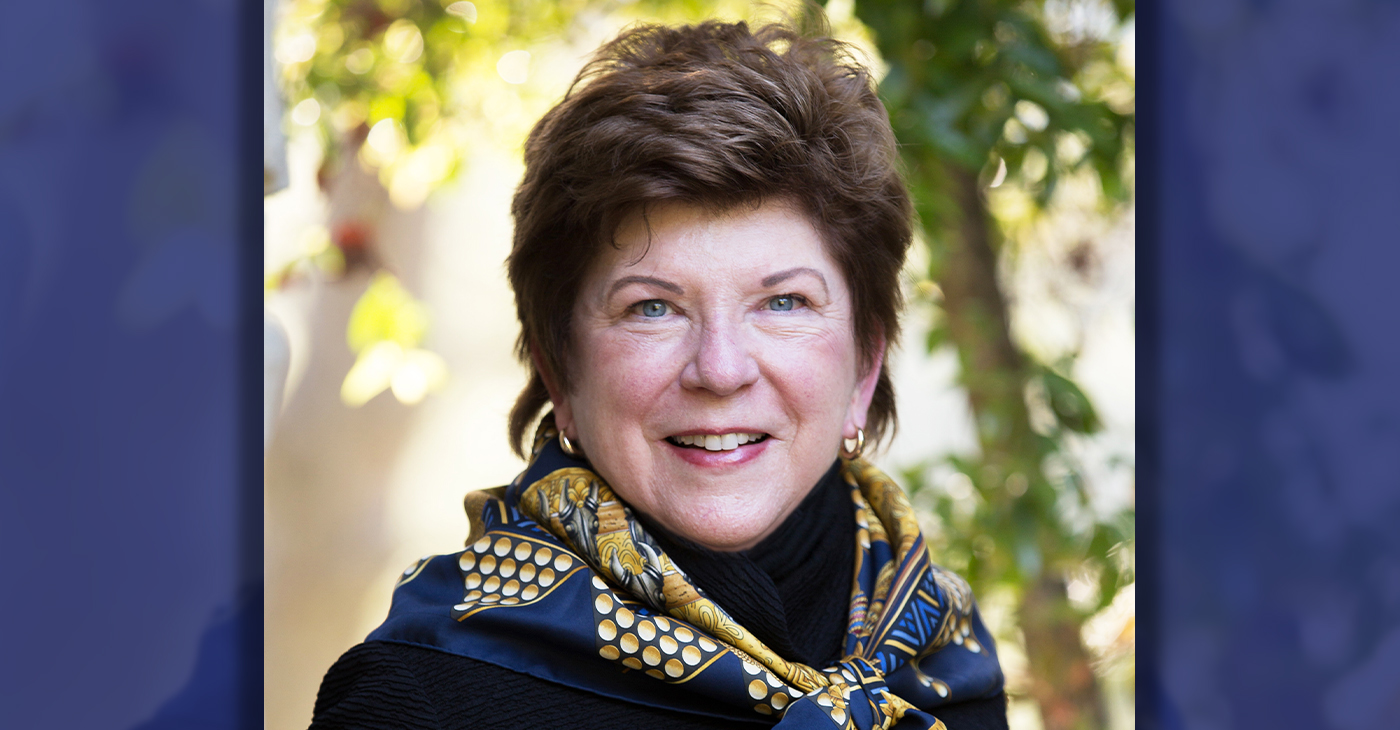Education
Oakland School Board Reduces Mid-Year Cuts from $15.1 Million to $9 Million

Recent protest at Oakland Board of Education meeting. Photo by Ken Epstein.
The Oakland Board of Education slashed $9 million from its budget this week, reversing about 40 percent of proposed cuts in the face of an outpouring of protest from parents, teachers and students at school sites.
The board voted 6 to 1 Wednesday evening in favor of the cuts, with District 5 Boardmember Roseann Torres voting no.
“These mid-year budget cuts were difficult for our school sites and staff but necessary to ensure solvency,” said Aimee Eng, the chair of the board Budget and Finance Committee.
“As we prepare the 2018-2019 budget, we will have an opportunity to look at how to prioritize funding to the school sites and radically reorganize central office services,” she said.
The cost-saving measures are designed to ensure Oakland Unified School District stays afloat – to avoid a repeat of the six-year state takeover of the district, which ended eight years ago.
The mid-year cuts have been painful and disruptive to school sites. Hundreds of students, parents, educators and other school employees have protested at recent board meetings.
The school board had originally planned to slash $15.1 million from this year’s budget, which would have resulted in layoffs of as many as 300 administrators and low-wage employees, including custodians and clerical workers.
The $9 million in reductions passed by the board represent $5.2 million in cuts from the central office budget and $3.8 million from school-site revenue.
How the savings will be utilized:
- $1.1 million to restore the reserve for economic uncertainty to the state mandated minimum;
- $4 million that will be held in reserve for economic uncertainty, such as arbitration awards and audit findings; and,
- $3.9 million to support specific needs, such as food services and annual expenses for special education programs, which regularly exceeds the funding OUSD receives from the state.
School site reductions will hit supplies, employees with extended contracts and overtime. Numbers of employees will be reduced by not filling some vacancies, eliminating classified positons and reducing some positions from fulltime to part-time. In the central office 60.7 full-time positions will be cut, resulting in layoffs of 23 employees. Additionally, an equivalent of 15.8 full time positions will be eliminated by reducing employee hours.
“The reality in our state is that we choose how we want to fund our schools, and we in Oakland live in that reality,” Board President James Harris said in an interview with the Oakland Post, pointing to insufficient state funding for basic school services.
“In the last three years, we were able to deliver a lot of extra funds to schools, and that anything has to be taken off the table really hurts my heart,” he said. “But we have to take this hit so we don’t do this again.”
Christopher Learned, Oakland’s newly appointed state trustee, is working closely with the district’s school board and administration. He says the district is making the adjustments that are necessary to maintain stability.
“I believe they are going to do it,” he said. “It’s going to be painful, this year especially. I think the district is getting a handle on doing quite a bit better job on how they do their budget and how they monitor the budget.”
California Black Media
State Ed Chief Tony Thurmond Pushes Bill to Train Educators
State Superintendent of Public Instruction (SSPI) Tony Thurmond is advocating for comprehensive training for teachers in reading and math, emphasizing the urgent need to improve student academic outcomes across California. On April 24, during testimony in the Senate Education Committee, Thurmond backed Senate Bill (SB)1115, which aims to provide evidence-backed educator training. The committee passed the bill with a 7-0 vote.

By California Black Media
State Superintendent of Public Instruction (SSPI) Tony Thurmond is advocating for comprehensive training for teachers in reading and math, emphasizing the urgent need to improve student academic outcomes across California.
On April 24, during testimony in the Senate Education Committee, Thurmond backed Senate Bill (SB)1115, which aims to provide evidence-backed educator training. The committee passed the bill with a 7-0 vote.
Thurmond pointed out to the committee that existing funding for educator training in literacy and math only covers about one-third of California’s educator workforce. SB 1115, Thurmond said, would fund the remaining two-thirds.
“This is an issue of moral clarity,” according to Thurmond. “In the fifth-largest economy in the world, and in an age when we have access to substantial brain science about how students learn, it should be unacceptable to train only some educators in the best strategies to teach essential skills.”
SB 1115 incorporates multiple research-backed methods, including phonics, and it aligns with the California ELA/ELD Framework, which encourages biliteracy and multilingualism.
Thurmond emphasized the moral imperative behind the push for enhanced training by noting that 70% of incarcerated adults struggle with reading or are illiterate.
“Every child should feel supported as they learn to read and every teacher should feel confident in their ability to support students’ foundational literacy,” Thurmond said. “SB 1115 is about ensuring that all children have the opportunity to read by third grade, and that all children have a shot at the life-changing outcomes that come from early literacy.”
The next step for SB 1115 is a hearing in the Senate Appropriations Committee on May 6.
Commentary
Opinion: Lessons for Current Student Protesters From a San Francisco State Strike Veteran
How the nation’s first College of Ethnic studies came about, bringing together Latino, African American and Asian American disciplines may offer some clues as to how to ease the current turmoil on American college campuses over the Israel-Hamas war. After the deadline passed to end the Columbia University encampment by 2 p.m. Monday, student protesters blockaded and occupied Hamilton Hall in a symbolic move early Tuesday morning. Protesters did the same in 1968.

By Emil Guillermo
How the nation’s first College of Ethnic studies came about, bringing together Latino, African American and Asian American disciplines may offer some clues as to how to ease the current turmoil on American college campuses over the Israel-Hamas war.
After the deadline passed to end the Columbia University encampment by 2 p.m. Monday, student protesters blockaded and occupied Hamilton Hall in a symbolic move early Tuesday morning.
Protesters did the same in 1968.
That made me think of San Francisco State University, 1968.
The news was filled with call backs to practically every student protest in the past six decades as arrests mounted into hundreds on nearly two dozen campuses around the country.
In 1970, the protests at Kent State were over the Vietnam War. Ohio National Guardsmen came in, opened fire, and killed four students.
Less than two weeks later that year, civil rights activists outside a dormitory at Jackson State were confronted by armed police. Two African American students were killed, twelve injured.
But again, I didn’t hear anyone mention San Francisco State University, 1968.
That protest addressed all the issues of the day and more. The student strike at SFSU was against the Vietnam war.
That final goal was eventually achieved, but there was violence, sparked mostly by “outside agitators,” who were confronted by police.
“People used the term ‘off the pigs’ but it was more rally rhetoric than a call to action (to actually kill police),” said Daniel Phil Gonzales, who was one of the strikers in 1968.
Gonzales, known as the go-to resource among Filipino American scholars for decades, went on to teach at what was the positive outcome of the strike, San Francisco State University’s College of Ethnic Studies. It’s believed to be the first of its kind in the nation. Gonzales recently retired after more than 50 years as professor.
As for today’s protests, Gonzales is dismayed that the students have constantly dealt with charges of antisemitism.
“It stymies conversation and encourages further polarization and the possibility of violent confrontation,” he said. “You’re going to be labeled pro-Hamas or pro-terrorist.”
That’s happening now. But we forget we are dealing not with Hamas proxies. We are dealing with students.
Gonzales said that was a key lesson at SF State’s strike. The main coalition driving the strike was aided by self-policing from inside of the movement. “That’s very difficult to maintain. Once you start this kind of activity, you don’t know who’s going to join,” he said.
Gonzales believes that in the current situation, there is a patch of humanity, common ground, where one can be both pro-Palestine and pro-Israel. He said it’s made difficult if you stand against the belligerent policies of Benjamin Netanyahu. In that case, you’re likely to be labeled antisemitic.
Despite that, Gonzales is in solidarity with the protesters and the people of Gaza, generally. Not Hamas. And he sees how most of the young people protesting are in shock at what he called the “duration of the absolute inhumane kind of persecution and prosecution of the Palestinians carried out by the Israeli government.”
As a survivor of campus protest decades ago, Gonzales offered some advice to the student protesters of 2024.
“You have to have a definable goal, but right now the path to that goal is unclear,” he said.
About the Author
Emil Guillermo is a journalist and commentator. A veteran newsman in TV and print, he is a former host of NPR’s “All Things Considered.”
Bay Area
Obituary: Former California Education Superintendent Delaine Eastin Passes at 76
Delaine Eastin, who served as a former state Assemblymember representing parts of Santa Clara and Alameda County — and the first woman elected as State Superintendent of Public Instruction — died at age 76 on April 23. Eastin passed away from complications caused by a stroke.

By California Black Media
Delaine Eastin, who served as a former state Assemblymember representing parts of Santa Clara and Alameda County — and the first woman elected as State Superintendent of Public Instruction — died at age 76 on April 23.
Eastin passed away from complications caused by a stroke.
Known for her power of persuasion, Eastin used her influence to be a champion for bipartisan issues that helped raise academic standards, lower class sizes, and emphasize the importance of conserving nature and the environment in schools.
Former Assembly Speaker Willie Brown and fellow legislative colleagues said that Eastin was in demand on the speech circuit while serving as a legislator.
“Few could engender the kind of emotion and passion she delivered in every speech,” Brown said.
State superintendent Tony Thurmond called Eastin a trailblazer who inspired fellow public servants.
“California lost an icon in our school system today. Delaine Eastin’s legacy as a trailblazer in public education will forever inspire us. Her unwavering dedication to California students — from championing Universal Preschool and the “A Garden in Every School” program to honoring our educators by establishing the California Teachers of the Year Awards — has left an indelible mark on our state’s educational landscape,” said Thurmond.
Thurmond honored Eastin’s legacy at the California Teacher of the Year Program, an honor that she established during her time as superintendent.
-

 Community2 weeks ago
Community2 weeks agoFinancial Assistance Bill for Descendants of Enslaved Persons to Help Them Purchase, Own, or Maintain a Home
-

 Activism4 weeks ago
Activism4 weeks agoOakland Post: Week of April 3 – 6, 2024
-

 Business2 weeks ago
Business2 weeks agoV.P. Kamala Harris: Americans With Criminal Records Will Soon Be Eligible for SBA Loans
-

 Activism3 weeks ago
Activism3 weeks agoOakland Post: Week of April 10 – 16, 2024
-

 Community2 weeks ago
Community2 weeks agoAG Bonta Says Oakland School Leaders Should Comply with State Laws to Avoid ‘Disparate Harm’ When Closing or Merging Schools
-

 Community2 weeks ago
Community2 weeks agoOakland WNBA Player to be Inducted Into Hall of Fame
-

 Community2 weeks ago
Community2 weeks agoRichmond Nonprofit Helps Ex-Felons Get Back on Their Feet
-

 Community2 weeks ago
Community2 weeks agoRPAL to Rename Technology Center for Retired Police Captain Arthur Lee Johnson






















































